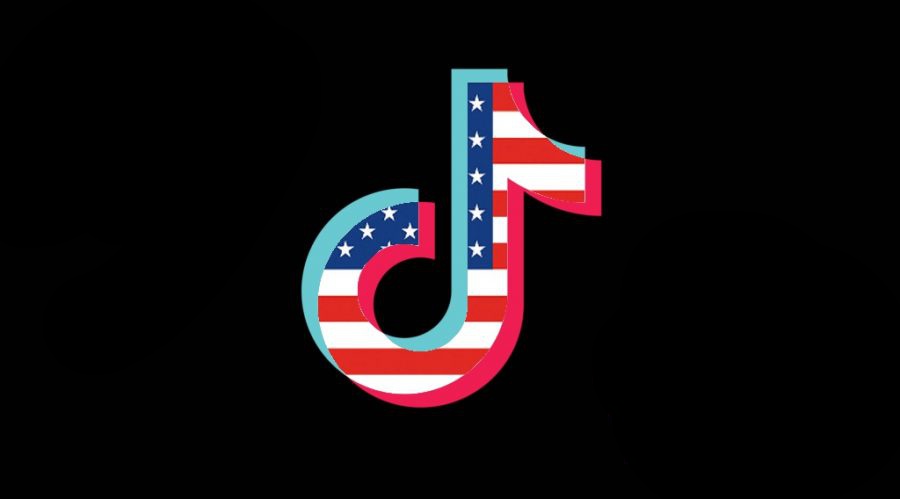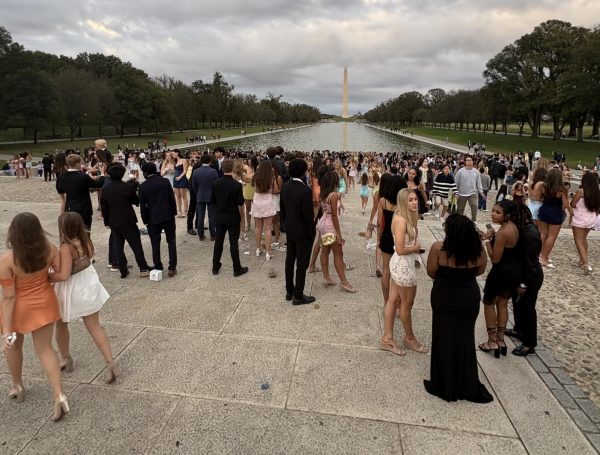TikTok: No Need to Ban It
Uncertainty surrounds the future of TikTok.
Rumors of a TikTok ban date as far back as October 2019, when Senators Chuck Schumer and Tom Cotton wrote a letter to the Director of National Intelligence Joseph Maguire. According to Schumer and Cotton, “TikTok is a potential counter-intelligence threat we cannot ignore.” Despite their claims, is TikTok truly more dangerous than similar applications, and should the United States ultimately go through with the ban?
It seems as though some conservative lawmakers have questionable motives when it comes to the app’s censorship. In an effort to appear tough on China, the restriction of ByteDance—the Chinese company with ownership of TikTok—could be a way to accomplish this. Additionally, American social media juggernauts like Facebook have spoken out about the dangers of Chinese social media platforms like TikTok, though it’s probable that these claims were made in an effort to monopolize the online entertainment market.
A proposed solution to the Trump Administration’s plan to ban the app is the idea of selling it to an American company, though that wouldn’t fix the issue of user privacy nor the sale of data. American companies are still able to transfer your data to third parties, similar to what RapLeaf and Spokeo do. The sale of TikTok from ByteDance to an American company like Oracle or Walmart would accomplish little to nothing.
TikTok has over 800 million active users as of September, with that number not set to stop rising anytime soon. If a politician were to ban TikTok, they would risk a loss of support from young voters. Such a ban would do little to increase national security and hurt a politician’s chances of being reelected, which is why it’s in their best interest to avoid the topic entirely.
Without censoring the app or having it be sold, the US government could go a long way into regulating foreign companies like ByteDance. According to The New York Times, “[The US government] could require [Bytedance] to open-source key parts of its software, including the machine-learning algorithms that determine which posts users are shown. It could [also] pressure TikTok to submit to regular audits of its data-collection practices, and open up its internal content moderation guidelines for public comment.”
The potential ban of TikTok in the United States is nothing more than a ploy to stand tall against a rival nation. While at the surface it may seem frightening that a China-based company has access to loads of Americans’ data, the reality is that regulation of ByteDance wouldn’t be difficult. Other proposed solutions don’t do much in fixing the problem as much as they do simply reallocating it, which is why TikTok shouldn’t be banned or sold, but perhaps be more strictly regulated.
Your donation will support the student journalists of Thomas S. Wootton High School. Your contribution will allow us to purchase equipment and cover our annual website hosting costs.
Luke Jordan is a 2022 graduate.







